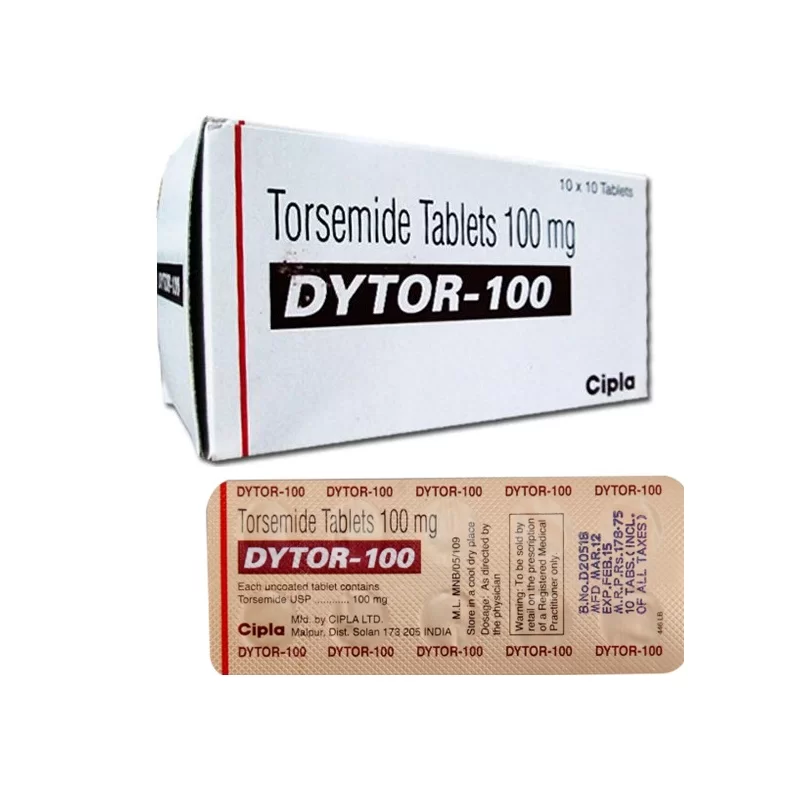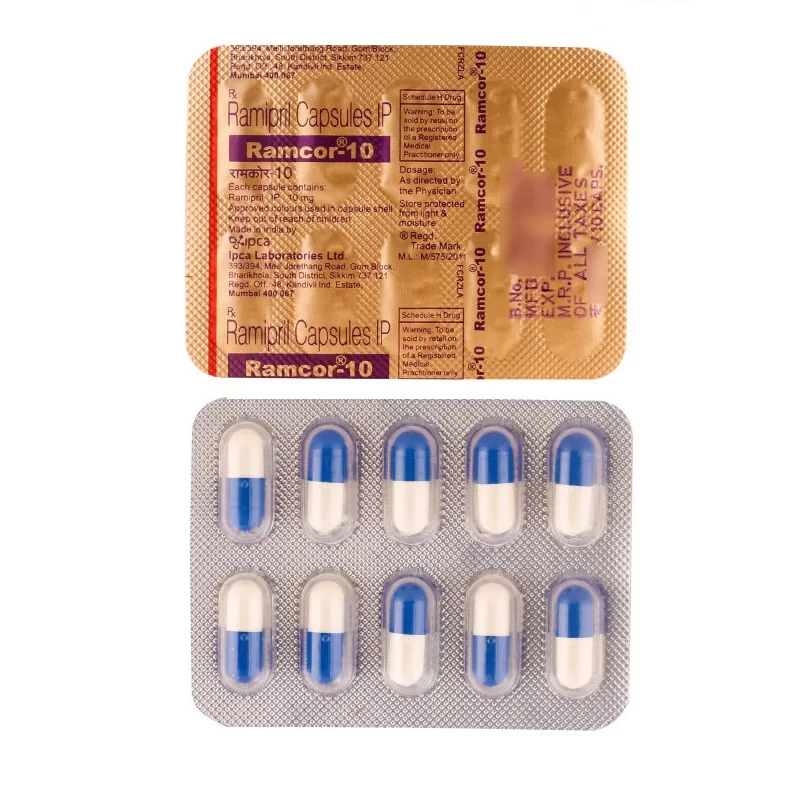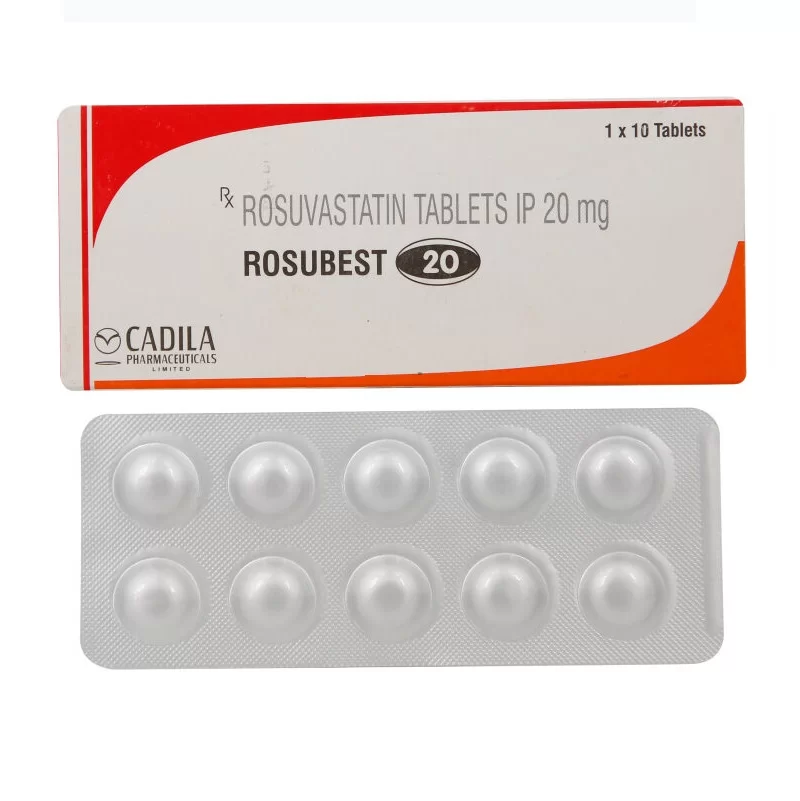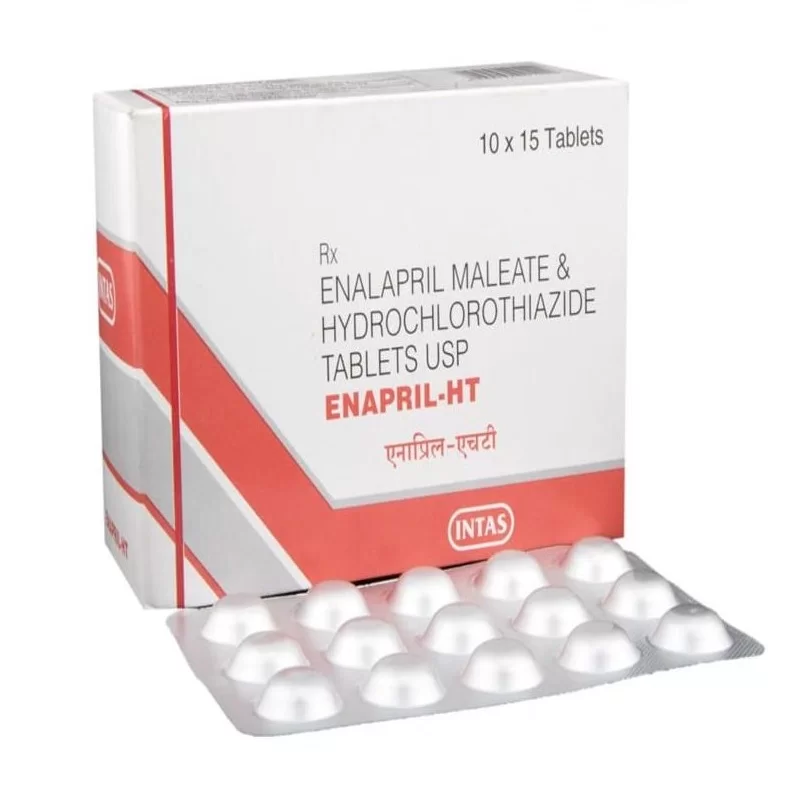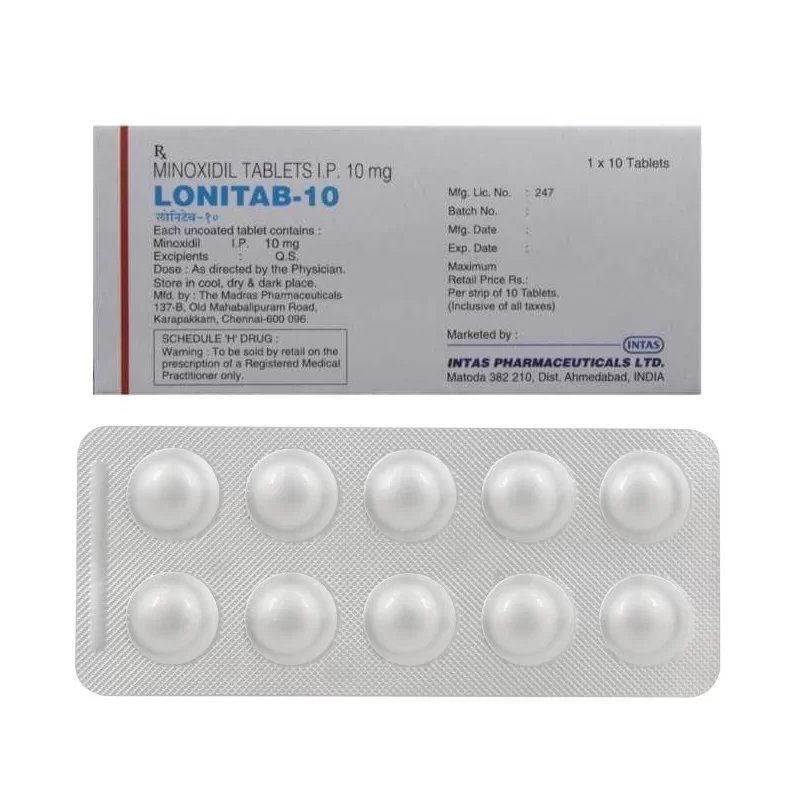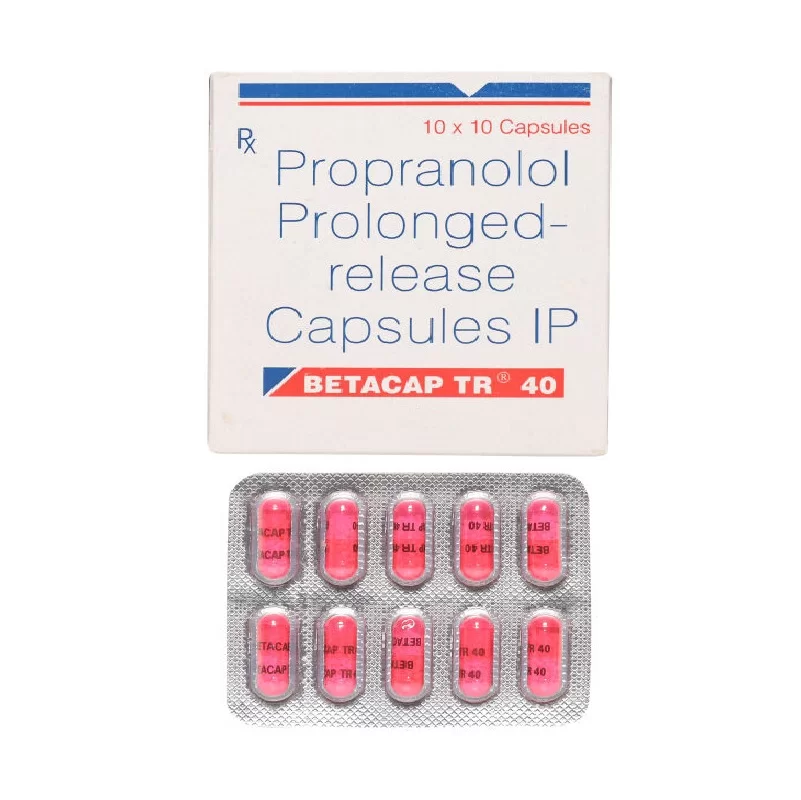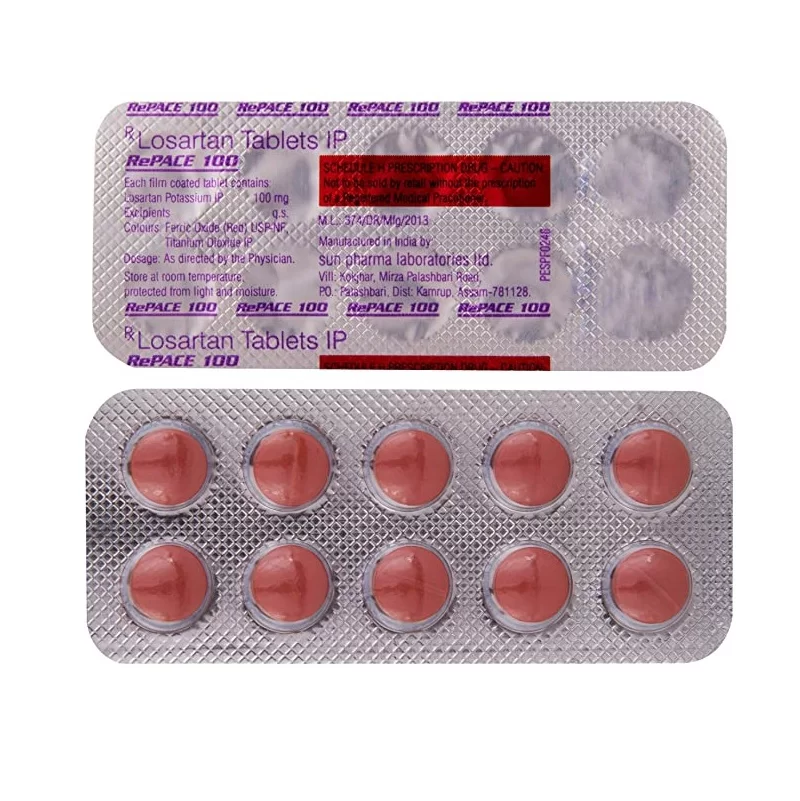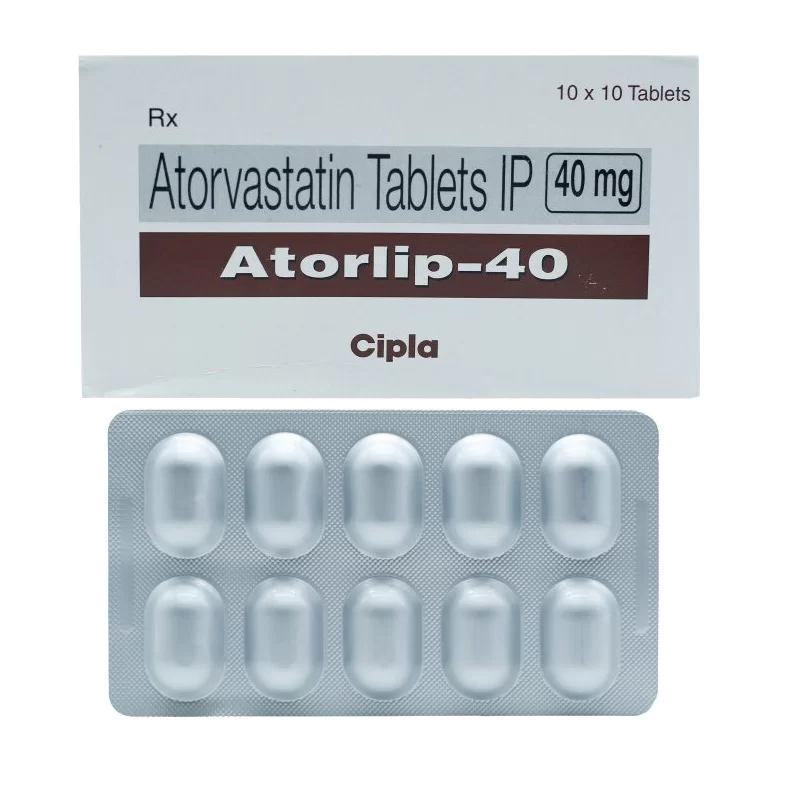DYTOR 100MG: The Ultimate Guide to Understanding and Using It
Introduction
Welcome to our comprehensive guide on DYTOR 100MG, an essential medication that has been proven effective in managing various medical conditions. In this article, we'll delve into the details of DYTOR 100MG, its uses, benefits, potential side effects, and how it can be an excellent option for many individuals seeking relief from their health issues.
What is DYTOR 100MG?
DYTOR 100MG, also known by its generic name Torasemide, belongs to a class of diuretic medications. It acts by promoting the elimination of excess water and salt from the body through urine. This powerful diuretic has gained popularity in the medical community for its efficacy in managing conditions such as edema (fluid retention) and hypertension (high blood pressure).
Uses and Benefits of DYTOR 100MG
1. Edema Management
DYTOR 100MG is commonly prescribed to treat edema associated with conditions like congestive heart failure, liver cirrhosis, and kidney diseases. By reducing fluid buildup, it can alleviate swelling and discomfort, allowing patients to experience improved quality of life.
2. Hypertension Control
For individuals battling hypertension, DYTOR 100MG can be an effective solution. By lowering blood pressure, it reduces the strain on the heart and blood vessels, thus mitigating the risk of cardiovascular complications.
3. Chronic Kidney Disease
Patients suffering from chronic kidney disease often experience fluid retention, which can be alleviated with DYTOR 100MG. Additionally, it aids in maintaining potassium levels, which is crucial for kidney patients.
4. Congestive Heart Failure
DYTOR 100MG has shown promise in managing congestive heart failure, a condition where the heart struggles to pump blood effectively. By reducing fluid buildup, it eases the workload on the heart and improves overall cardiac function.
How Does DYTOR 100MG Work?
DYTOR 100MG works by inhibiting sodium and chloride reabsorption in the kidneys, leading to increased excretion of these substances through urine. As a result, excess water is flushed out of the body, reducing swelling and lowering blood pressure.
Dosage and Administration
The appropriate dosage of DYTOR 100MG varies depending on the individual's medical condition and response to the treatment. It is crucial to follow the prescribing physician's recommendations diligently. The medication is typically taken orally, with or without food. It is essential to take it at the same time each day to maintain consistent levels in the body.
Potential Side Effects
While DYTOR 100MG is generally well-tolerated, like any medication, it may cause side effects in some individuals. Common side effects include dizziness, headache, dry mouth, increased thirst, and mild stomach upset. Most of these side effects are mild and subside on their own.
However, in rare cases, some individuals may experience more severe side effects such as severe dizziness, difficulty breathing, chest pain, or signs of kidney problems like decreased urine output. If any of these symptoms occur, it is crucial to seek immediate medical attention.
Precautions and Interactions
Before starting DYTOR 100MG, it is vital to inform your healthcare provider about any pre-existing medical conditions, allergies, or medications you are currently taking. Certain medications, like nonsteroidal anti-inflammatory drugs (NSAIDs) and lithium, may interact with DYTOR 100MG, potentially reducing its effectiveness or increasing the risk of side effects.
Conclusion
DYTOR 100MG is a valuable medication for individuals struggling with edema, hypertension, chronic kidney disease, and congestive heart failure. Its efficacy in managing these conditions has made it a popular choice among medical professionals and patients alike.
If you believe DYTOR 100MG may be a suitable treatment option for you, consult your healthcare provider to determine the appropriate dosage and ensure it is safe for your specific medical situation.
Remember, this article serves as a guide and does not replace personalized medical advice. Always follow your healthcare professional's recommendations for the best possible outcome.


